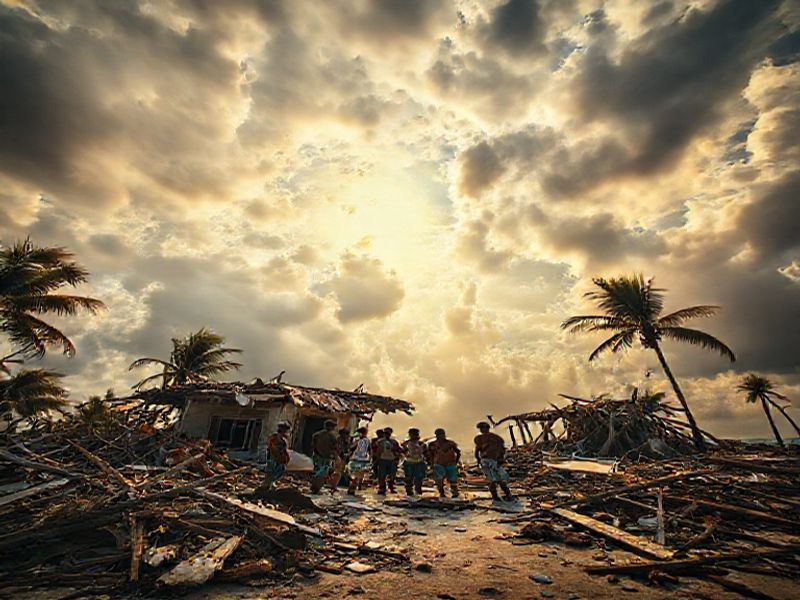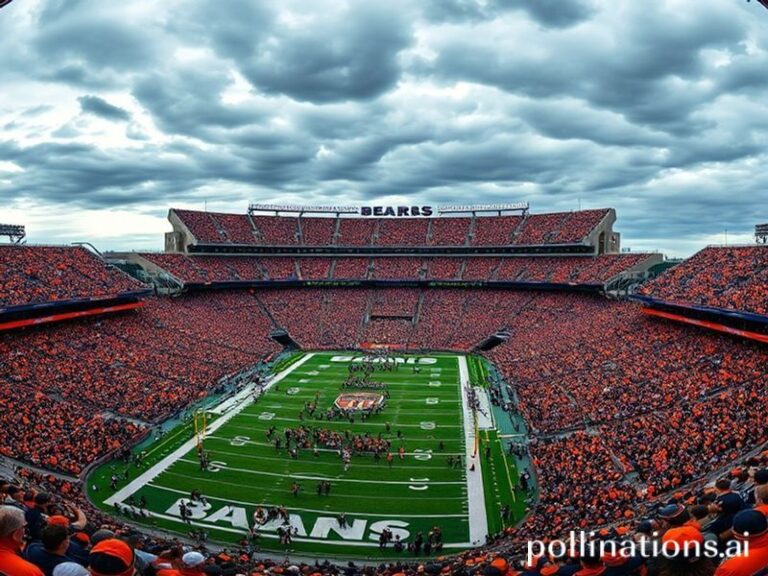Caribbean Strikes: When the Rum Runs Dry, the Revolution Starts
# **Caribbean Strikes: When the Rum Runs Dry, the Revolution Starts**
In the sun-soaked, reggae-beat heart of the Caribbean, something unexpected is brewing— and it’s not just another tropical cocktail. The Caribbean strikes are making waves globally, and not just because of the island vibes. From Jamaica to Barbados, workers are standing up, demanding better wages, working conditions, and a fairer share of the economic pie. But why is this trending worldwide, and what makes it so significant? Let’s dive in.
### **The Cultural Context: More Than Just Beaches and Rum**
The Caribbean is often painted as a postcard-perfect paradise—turquoise waters, white sand, and all-inclusive resorts where the biggest worry is whether to order another piña colada. But behind the glamour, there’s a rich, complex culture with deep social and economic struggles. The region has a history of resilience, from colonial resistance to modern-day economic challenges. The current wave of strikes is a reminder that the Caribbean isn’t just a vacation destination—it’s a place where people are fighting for their rights, just like anywhere else.
### **Why Are the Strikes Happening Now?**
The Caribbean strikes aren’t just a spontaneous outburst of island energy. They’re the result of long-simmering frustrations over low wages, high living costs, and economic inequality. Tourism, the backbone of many Caribbean economies, has been hit hard by global events like the COVID-19 pandemic and inflation. Workers in hotels, airports, and other key industries are feeling the pinch, and they’re saying enough is enough.
In Jamaica, for example, workers at the Norman Manley International Airport went on strike, demanding better pay and working conditions. Meanwhile, in Barbados, public sector workers protested against wage stagnation and the rising cost of living. These strikes aren’t just about money—they’re about dignity, respect, and the right to a fair share of the economic pie.
### **The Social Impact: A Ripple Effect Beyond the Islands**
The Caribbean strikes are resonating globally for a few key reasons:
1. **Solidarity in the Digital Age**: Social media has turned local struggles into global movements. Hashtags like #CaribbeanStrikes and #FairWagesForTheCaribbean are connecting workers across borders, amplifying their voices, and putting pressure on governments and businesses to act.
2. **Tourism’s Dark Side**: The strikes are shining a light on the often-overlooked labor conditions in the tourism industry. Many travelers might not realize that the people serving them drinks and cleaning their rooms are struggling to make ends meet. The strikes are forcing a conversation about ethical tourism and fair labor practices.
3. **A Call for Economic Justice**: The Caribbean strikes are part of a broader global movement for economic justice. From France to Colombia, workers are standing up against inequality. The Caribbean’s fight is a reminder that no region is immune to these struggles.
### **What Makes This Topic Significant?**
The Caribbean strikes matter because they challenge the stereotype of the Caribbean as a carefree paradise. They highlight the real struggles of everyday people and the systemic issues that need to be addressed. Moreover, they’re a testament to the power of collective action. When workers come together, they can demand change—and that’s a universal message that resonates far beyond the islands.
### **Conclusion: The Revolution Will Be Tropical**
The Caribbean strikes are more than just a blip on the global radar. They’re a powerful reminder that progress doesn’t happen without a fight. Whether it’s in Kingston, Bridgetown, or anywhere else, the message is clear: workers deserve fair wages, respect, and a chance to thrive. So next time you’re sipping a rum punch on a Caribbean beach, remember—behind the postcard-perfect scenery, there’s a revolution brewing. And it’s about time we all paid attention.







